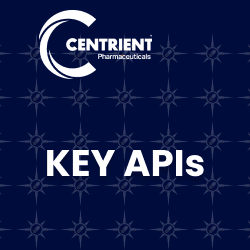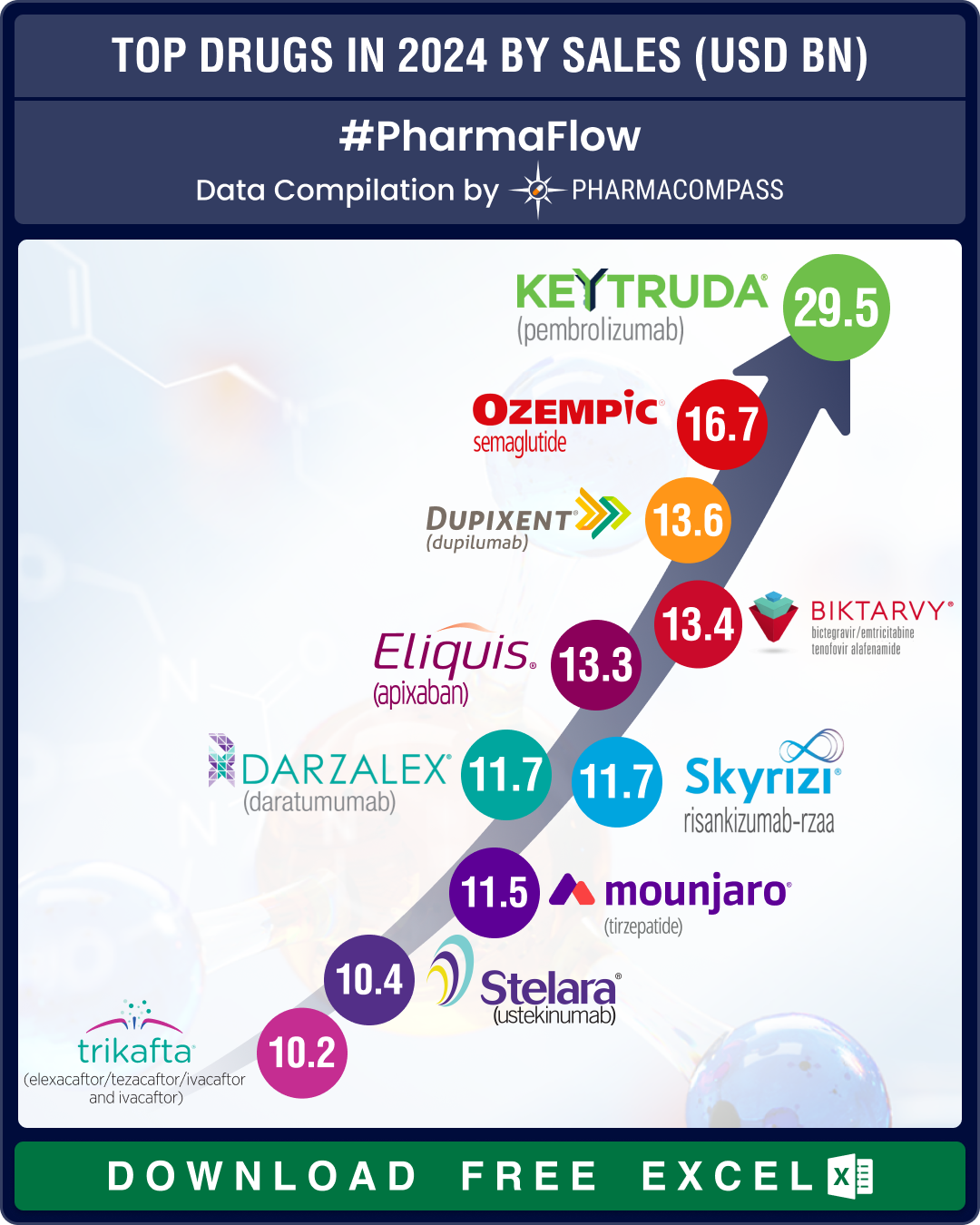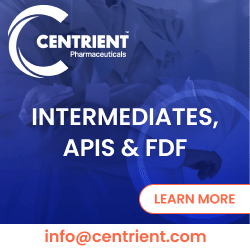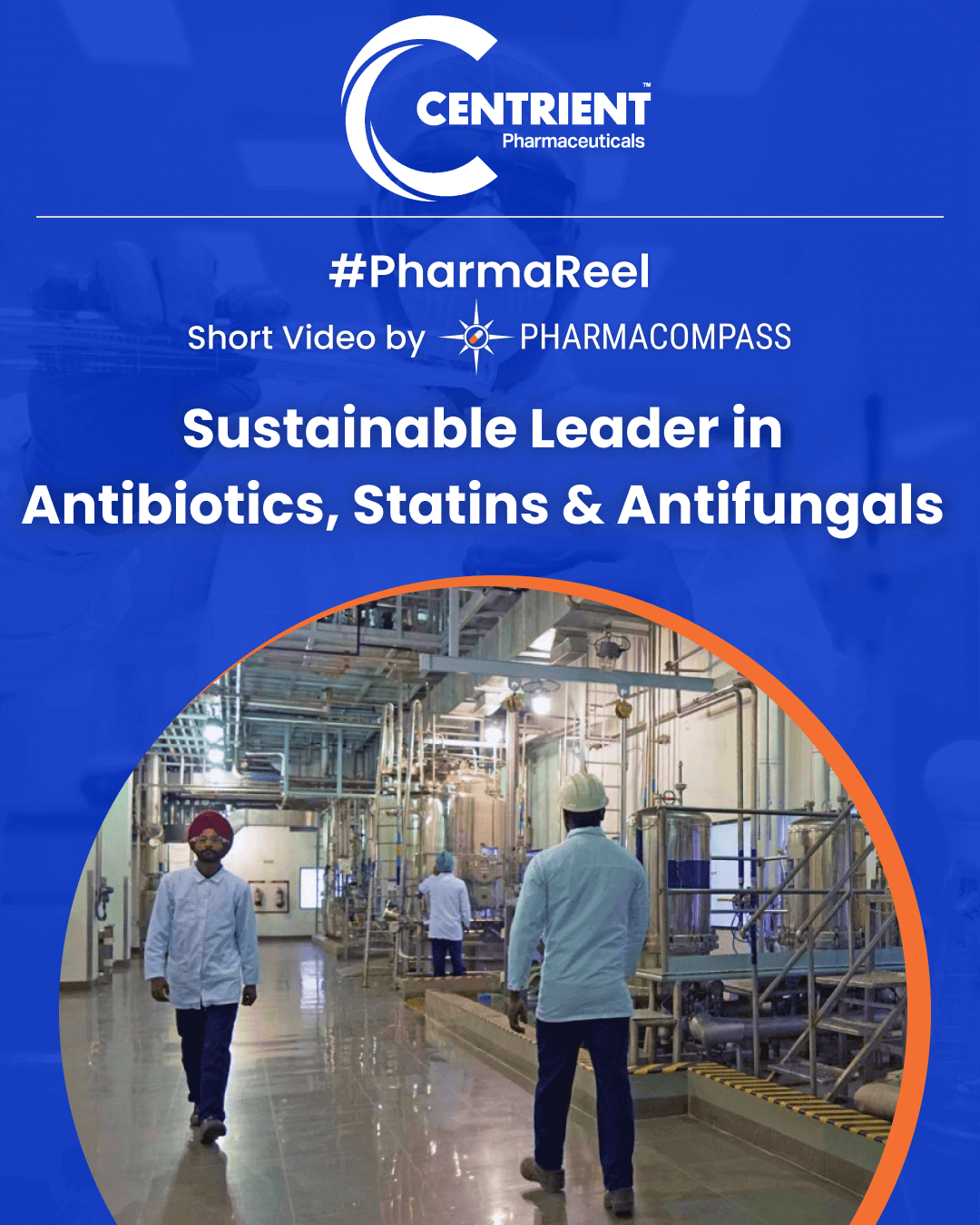15 Mar 2025
// PRESS RELEASE
12 Mar 2025
// PRESS RELEASE
20 Jan 2025
// PRESS RELEASE
 KEY PRODUCTS
KEY PRODUCTS
Centrient is a leading manufacturer of Beta-Lactam Antibiotics and a provider of next-generation Statins and Antifungals.
About
CPhI North America CPhI North America
Industry Trade Show
Not Confirmed
20-22 May, 2025
Industry Trade Show
Attending
28-30 August, 2025
CPhI WW FrankfurtCPhI WW Frankfurt
Industry Trade Show
Booth #9.2B56
28-30 October, 2025
CONTACT DETAILS




Events
Webinars & Exhibitions
CPhI North America CPhI North America
Industry Trade Show
Not Confirmed
20-22 May, 2025
Industry Trade Show
Attending
28-30 August, 2025
CPhI WW FrankfurtCPhI WW Frankfurt
Industry Trade Show
Booth #9.2B56
28-30 October, 2025
https://www.pharmacompass.com/speak-pharma/centrient-is-at-the-forefront-of-sustainable-pharmaceutical-manufacturing
VLOG #PharmaReel
CORPORATE CONTENT #SupplierSpotlight

15 Mar 2025
// PRESS RELEASE
https://www.centrient.com/media/fifth-year-row-centrient-pharmaceuticals-receives-2024-gold-sustainability-rating-ecovadis

12 Mar 2025
// PRESS RELEASE
https://www.centrient.com/media/centrient-pharmaceuticals-supports-european-critical-medicines-alliance-recommendations

20 Jan 2025
// PRESS RELEASE
https://www.centrient.com/media/centrient-announces-phil-wieland-appointed-supervisory-board-chairman

15 Jan 2025
// PRESS RELEASE
https://www.centrient.com/media/fifth-year-row-centrient-pharmaceuticals-receives-2024-gold-sustainability-rating-ecovadis

21 Oct 2024
// PRESS RELEASE
https://www.centrient.com/media/centrient-pharmaceuticals-opens-barcelona-innovation-laboratory-accelerate-product-and

04 Sep 2024
// PRESS RELEASE
https://www.centrient.com/media/centrients-sbti-validated-climate-targets-reinforce-environmental-commitment
Inspections and registrations
ABOUT THIS PAGE
Centrient Pharmaceuticals is a supplier offers 24 products (APIs, Excipients or Intermediates).
Find a price of Atorvastatin bulk with DMF, CEP, JDMF, WC offered by Centrient Pharmaceuticals
Find a price of Ampicillin Trihydrate bulk with DMF, CEP, WC offered by Centrient Pharmaceuticals
Find a price of Cephalexin Monohydrate bulk with DMF, CEP, JDMF offered by Centrient Pharmaceuticals
Find a price of Cloxacillin Sodium bulk with CEP, JDMF, WC offered by Centrient Pharmaceuticals
Find a price of Rosuvastatin Calcium bulk with DMF, CEP, WC offered by Centrient Pharmaceuticals
Find a price of Cefadroxil bulk with DMF, CEP offered by Centrient Pharmaceuticals
Find a price of Flucloxacillin Sodium bulk with CEP, WC offered by Centrient Pharmaceuticals
Find a price of Nystatin bulk with DMF, CEP offered by Centrient Pharmaceuticals
Find a price of Cephalexin Monohydrate bulk with JDMF offered by Centrient Pharmaceuticals
Find a price of Cephradine bulk with CEP offered by Centrient Pharmaceuticals
Find a price of Penicillin G Procaine bulk with CEP offered by Centrient Pharmaceuticals
Find a price of Sodium Dicloxacillin bulk with WC offered by Centrient Pharmaceuticals
Find a price of Atorvastatin bulk offered by Centrient Pharmaceuticals
Find a price of Cefaclor bulk offered by Centrient Pharmaceuticals
Find a price of Cefadroxil bulk offered by Centrient Pharmaceuticals
Find a price of Cefprozil bulk offered by Centrient Pharmaceuticals
Find a price of Cephalexin bulk offered by Centrient Pharmaceuticals
Find a price of Ivermectin bulk offered by Centrient Pharmaceuticals
Find a price of Oxacillin Sodium bulk offered by Centrient Pharmaceuticals
Find a price of Penicillin G Benzathine bulk offered by Centrient Pharmaceuticals
Find a price of Penicillin G Potassium bulk offered by Centrient Pharmaceuticals
Find a price of Piperacillin + Tazobactam bulk offered by Centrient Pharmaceuticals
Find a price of Rosuvastatin Calcium bulk offered by Centrient Pharmaceuticals
Find a price of Rosuvastatin Zinc bulk offered by Centrient Pharmaceuticals





